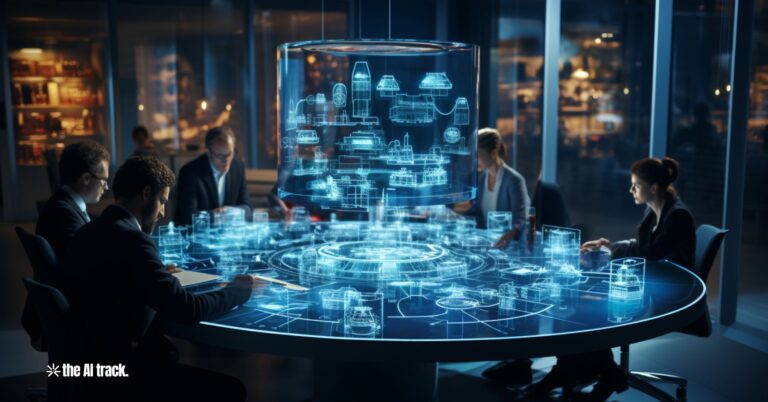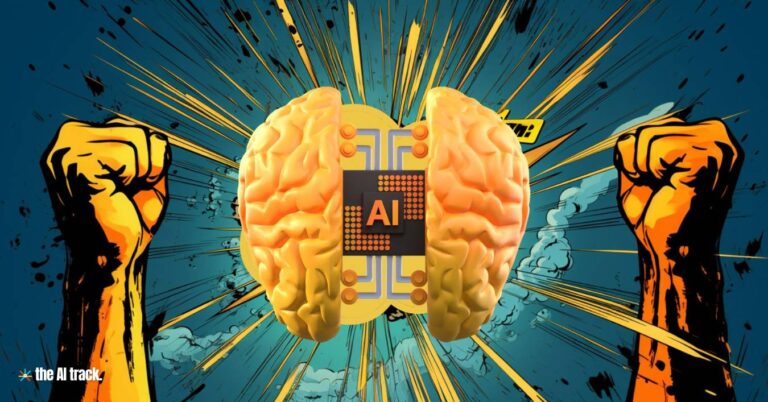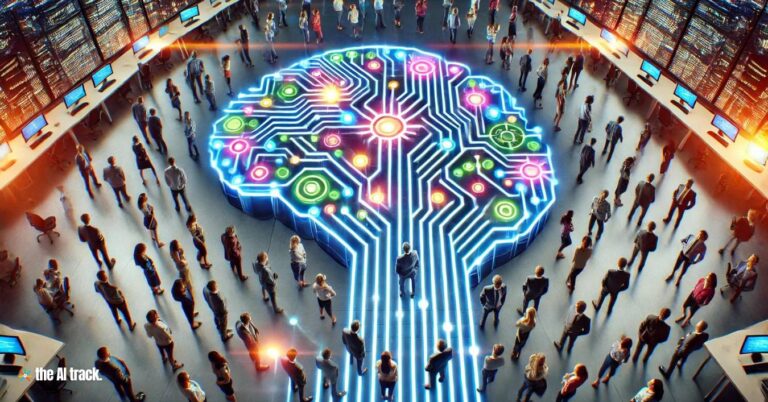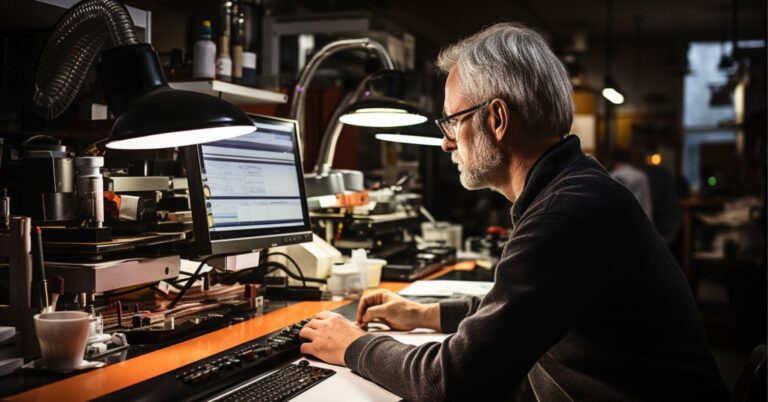John Hopfield and Geoffrey Hinton, pioneers in artificial intelligence, were awarded the Nobel Prize in Physics for their groundbreaking contributions to the field of machine learning, marking a significant recognition of AI’s impact on society and technology.
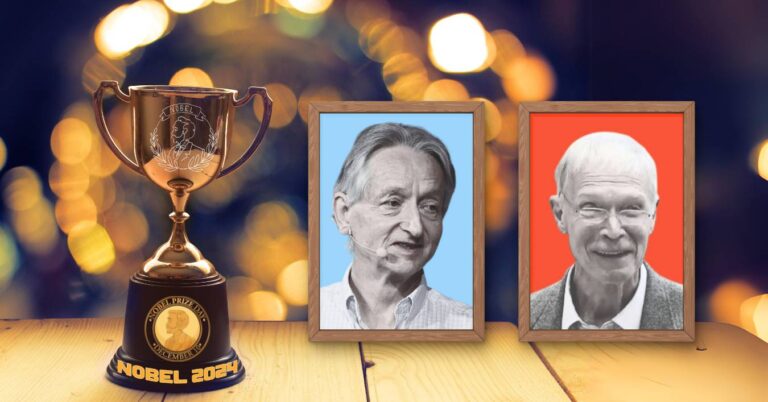
AI Pioneers Win the 2024 Nobel Prize in Physics – Key Points
- Award Recognition: Hopfield and Hinton received the Nobel Prize for their revolutionary work in AI, particularly machine learning, transforming how machines learn and recognize patterns, thus shaping modern AI advancements.
- John Hopfield’s Contributions: John Hopfield’s key contribution to artificial intelligence lies in his development of the Hopfield Network, an early form of artificial neural network designed to mimic human associative memory. Introduced in the 1980s while he was at Princeton University, the Hopfield Network is a type of recurrent neural network that stores and reconstructs patterns, such as images or data, based on partial or noisy input. His work was foundational in bridging the gap between biology, neuroscience, and computational models, allowing AI systems to handle pattern recognition and data reconstruction more efficiently. This form of associative memory paved the way for further advancements in machine learning and neural network architectures, becoming a key building block for modern AI techniques. Additionally, Hopfield’s work provided a clear framework for understanding how networks of simple elements can store and process information, laying the groundwork for more complex AI models used today in fields such as image processing, speech recognition, and robotics.
- Geoffrey Hinton’s Achievements: Geoffrey Hinton is renowned for his pioneering work in deep learning and the development of the backpropagation algorithm, which is crucial for training multilayer neural networks. Backpropagation allowed for the efficient adjustment of weights within a network, significantly improving the ability of machines to learn from data and leading to the rise of more powerful deep learning models. Hinton’s work became especially influential in 2012, when his team achieved a breakthrough in the ImageNet competition—an image recognition challenge—using deep convolutional neural networks (CNNs). Their model dramatically outperformed previous approaches, marking a turning point for AI and spurring an explosion of interest in deep learning. This achievement demonstrated the practical viability of deep learning for solving real-world problems and catalyzed advances in areas such as computer vision, natural language processing, and reinforcement learning. Often referred to as the “godfather of AI,” Hinton’s innovations in neural network training and architecture have transformed industries, with applications in healthcare, autonomous vehicles, and AI-driven personal assistants. Despite his immense contributions, Hinton has also been vocal about the potential risks of AI, emphasizing the importance of ethical considerations as the technology continues to advance.
- Impact of Their Work: Beyond AI, their work is recognized for its interdisciplinary influence, contributing to physics research while becoming integral to everyday technologies like facial recognition and translation services.
- Warnings About AI: Hinton has been vocal about the potential risks of AI, cautioning that AI’s intellectual power could surpass human control. He continues to advocate for ethical AI development, comparing AI’s transformative influence to the Industrial Revolution.
- Ongoing Technological Influence: The Nobel committee acknowledged that rapid AI development brings ethical and societal challenges. Hinton resigned from Google to focus on addressing these risks, emphasizing the need for responsible AI innovation.
Why This Matters:
This Nobel Prize highlights AI’s deep influence across fields, from technological innovation to ethical concerns. The award underscores the necessity of continued research and responsible innovation in AI, as it continues to shape industries and everyday life. Hopfield and Hinton’s work is foundational for the future of AI, making this recognition a pivotal moment in AI’s trajectory.
Understanding AI: A Comprehensive Guide to Artificial Intelligence
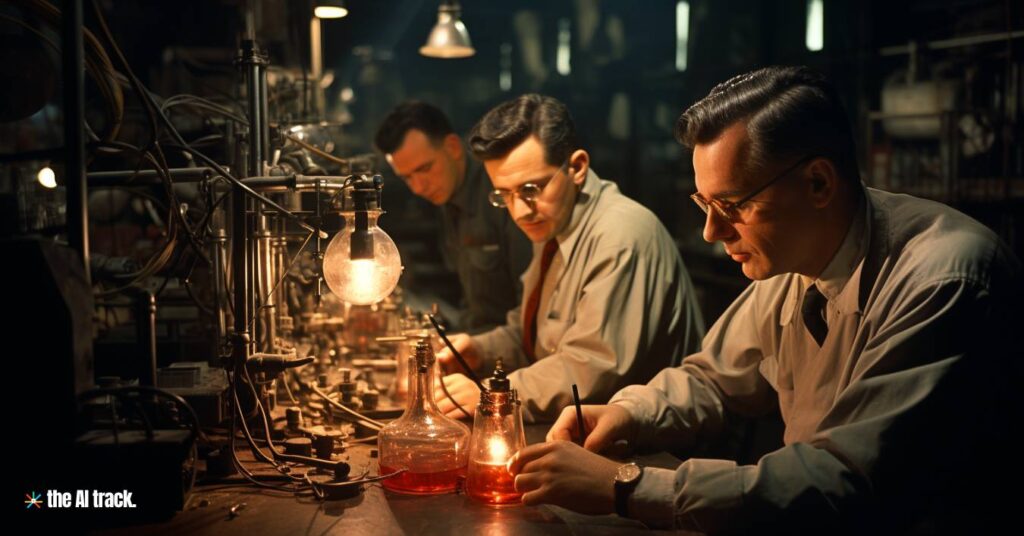
Discover the essence and workings of Artificial Intelligence in this comprehensive and user-friendly guide. We delve into the foundations of AI, elucidating on critical components like machine learning, deep learning, and natural language processing.
Voices of AI: Insights form the Top
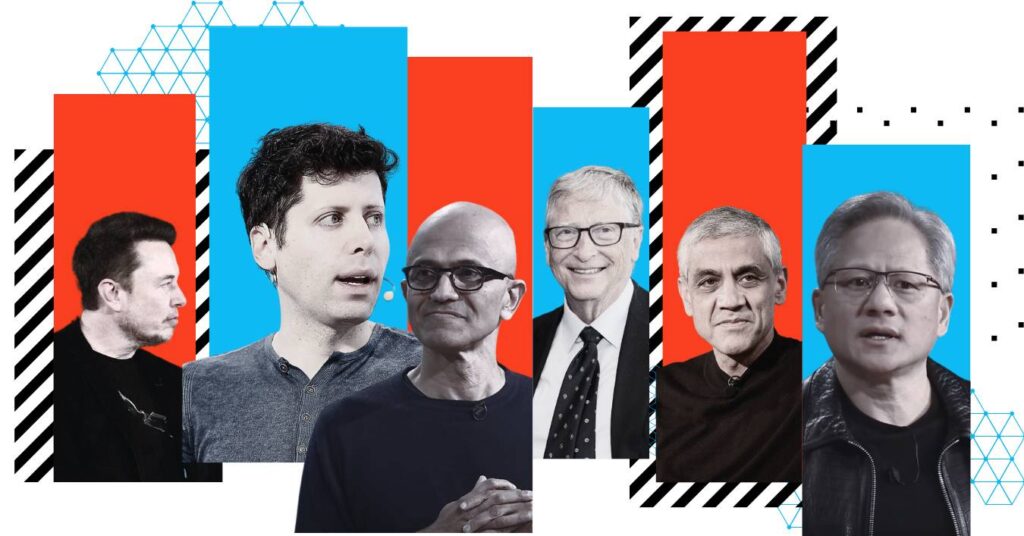
Voices of AI: Step into the world of AI’s leading personalities. ‘Voices of AI: Insights From The Top’ offers a unique compilation of quotes and perspectives from top AI executives and thinkers.
Sources
- Press release: The Nobel Prize in Physics 2024 – NobelPrize.org, 8 October 2024



